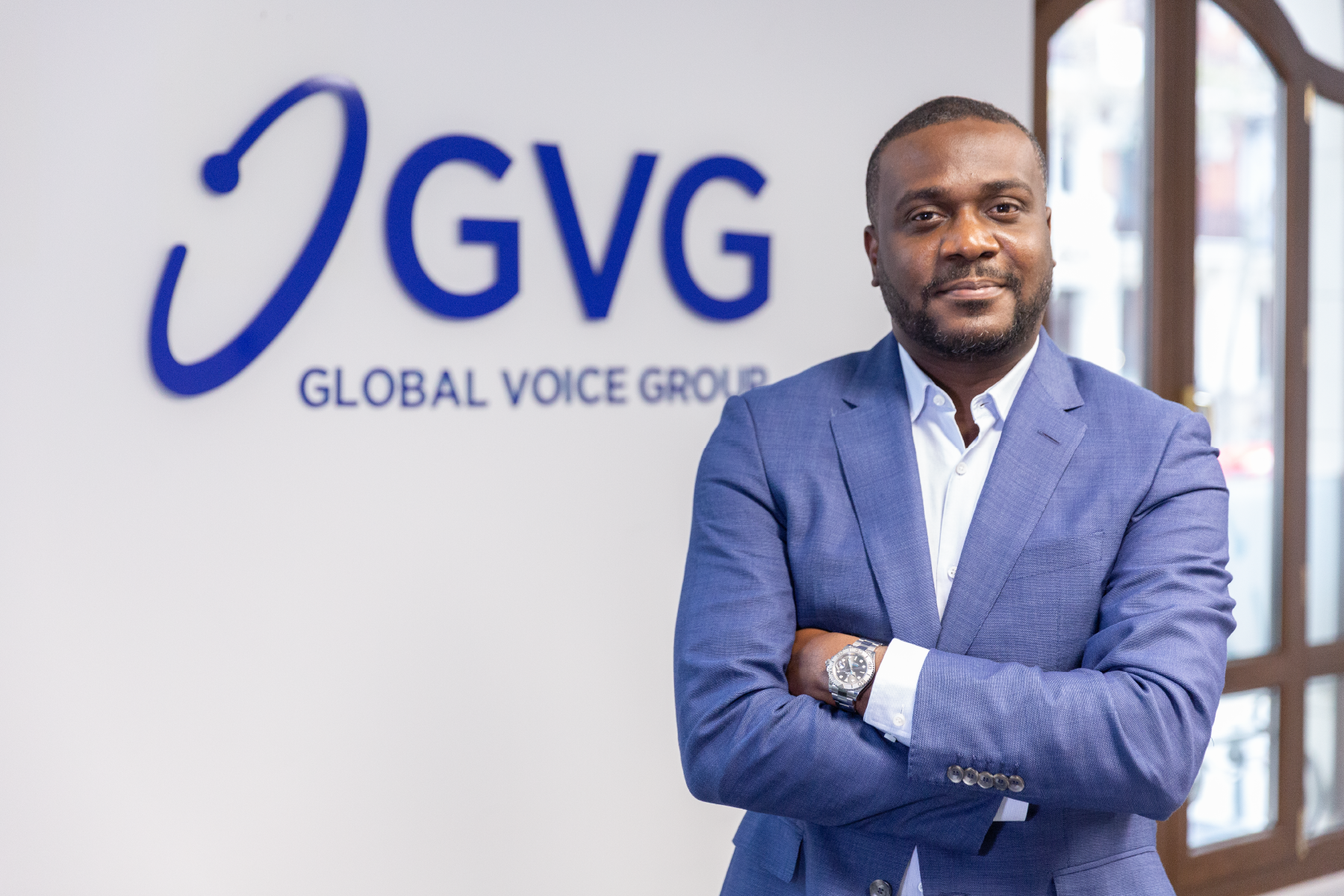
GVG Rebuts Allegations, Reaffirms Role as RegTech Leader in Africa
In Africa’s rapidly evolving digital landscape, regulatory technology (RegTech) companies have become increasingly vital partners for governments seeking to strengthen oversight, enhance transparency, and fight fraud. These technology providers deliver essential systems that enable public institutions to monitor fast-growing sectors such as mobile money, betting, and telecommunications, ensuring that financial flows are properly recorded and that tax compliance improves.
However, the very nature of RegTech’s mission—collecting, analyzing, and providing critical data to regulators—places these companies in a difficult position. Their activities often intersect with sensitive policy debates around data privacy, taxation, and national sovereignty. As a result, RegTech providers can face mounting criticism, suspicion, and even unfounded attacks, despite their crucial role in supporting fair and accountable governance.
Amid this growing tension, RegTech actors across the continent find themselves not only defending their innovations and impact, but also rebutting allegations that question their integrity or the legitimacy of their partnerships with governments. This dynamic illustrates the complex balancing act RegTech must navigate: empowering stronger institutions while maintaining public trust.
Global Voice Group (GVG), a long-standing provider of RegTech and digital compliance solutions across Africa, has issued a firm rebuttal to a series of critical reports published by the online platform Commsrisk, asserting that the allegations are “false, misleading and defamatory.”
In a letter dated June 13, 2025, GVG formally rejected claims published between February and April 2025 that linked the company to corrupt practices, contract disputes, and unlawful surveillance activities in Ghana and Guinea. The company stated that it has never been the subject of any adverse finding by a court, tribunal, or public authority in any jurisdiction.
“GVG categorically rejects any allegation of corruption,” the letter read. “Our client provides regulatory technologies that support transparency and tax compliance, but it does not impose taxes, nor does it collect personally identifiable end-user data.”
Growing Role in Africa’s Regulatory Landscape
GVG’s defense of its integrity comes at a time of increased recognition for its role in the regulatory technology sector. Founded in 1998 and operating in 11 countries, the company has positioned itself as a partner to public institutions aiming to modernize oversight in rapidly evolving digital ecosystems. Its platforms apply Big Data analytics to transform transactional and economic data into actionable intelligence for policy-making, tax equity, and fraud detection.
In May 2024, GVG was listed among the Africa RegTech Horizon-100, a publication highlighting the continent’s most impactful regulatory technology innovators. The mention followed GVG’s expanding presence across East, Central, and West Africa, particularly through its Mobile Money Monitoring (M3) platform.
M3 provides regulatory authorities with real-time visibility over mobile money transactions. According to the company, it has supported oversight of over $1 trillion in mobile transaction value and currently covers approximately 25% of mobile financial flows in East Africa. In Ghana, GVG reports that the system has contributed to an average annual revenue growth of 20% since its introduction. In the Republic of Congo, the telecom regulator ARPCE uses the platform to monitor mobile-based government utility payments.
“It is with a great sense of achievement that I see GVG featured among the 100 top RegTech providers in Africa,” said CEO James Claude. “We are committed to empowering regulators and governments with the data and tools they need to make informed, effective decisions.”
Expanding Digital Oversight
GVG’s systems also play a notable role in supporting digital taxation initiatives. In Uganda, its Tax Information Management System (TIMS) and Device Management System (DMS) are used by the Uganda Revenue Authority (URA) to oversee mobile money-based betting transactions. According to GVG, this has contributed to a significant rise in gaming tax revenues—from under $5 million in 2019/20 to roughly $26 million in 2024. Over 92% of betting activity in the country now occurs on mobile platforms tracked by its systems.
The company attributes a 301% increase in gaming tax revenue between 2021 and 2022 to the improved visibility and compliance these platforms deliver.
Legal Pushback Against Media Allegations
GVG’s legal team responded to what it described as “unsubstantiated and inflammatory reporting” by Commsrisk, including articles that accused the company of involvement in “stealth taxation,” “exploitation,” and “mass surveillance.” The firm argued that none of these claims were verified or fact-checked with GVG before publication.
“Had you approached GVG in advance, our client would have been in a position to disabuse you of such inaccuracies,” the legal counsel wrote in its letter, adding that this allegedly represents “a wholesale failure to meet even the most basic standards of responsible journalism.”
GVG also expressed concerns about a possible conflict of interest, noting that two of its competitors advertise on Commsrisk. While stopping short of making direct accusations, the company suggested this could potentially affect the platform’s impartiality.
A Broader Context
The controversy surrounding GVG emerges at a time when digital regulation, data sovereignty, and financial transparency are becoming increasingly sensitive issues across Africa and beyond. Governments face growing pressure to curb illicit financial flows, strengthen domestic revenue collection, and protect citizens’ data, all while adapting to rapid digital transformation.
In this environment, RegTech companies occupy a complex and sometimes contested role. Their systems can empower stronger oversight and fairer taxation, but also raise valid public questions about privacy safeguards, accountability, and the transparency of procurement processes. GVG has stated that it welcomes constructive dialogue and regulatory scrutiny, and that its technologies are designed to support government-mandated compliance and transparency objectives.
As public institutions deepen their reliance on digital platforms, debate around how such systems are deployed — and who is responsible for ensuring their ethical use — is likely to intensify. Striking the right balance between technological innovation and public trust will remain essential, both for governments and for their RegTech partners seeking to support transparent and inclusive growth.
Original article: Chimpreports
